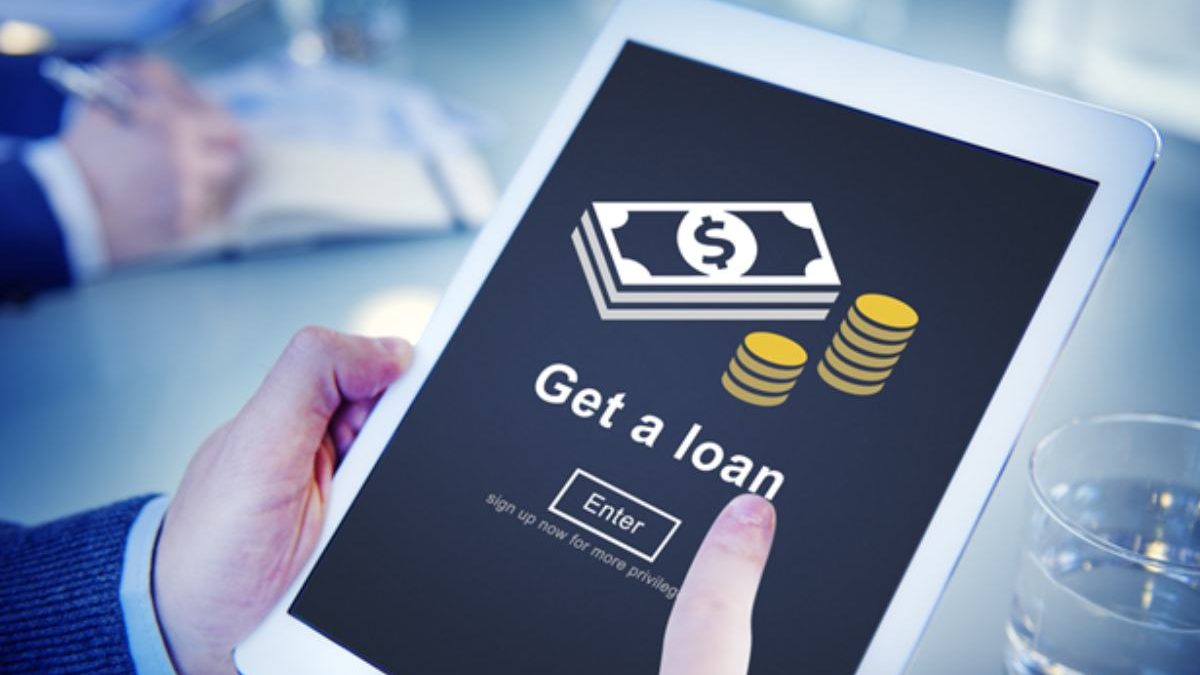Business Loans
As a business leader, you have the job of making decisions to help your organization grow and prosper. Sometimes, that means motivating your staff with inspiring speeches; sometimes it means applying for a specific type of loan to fund crucial operations. In the latter case, it helps to know as much as possible about your options, so that you can make stronger decisions for the present and future of your company. Here is a detailed look at each of the 10 most common types of business loan to make your decision-making process easier:
Table of Contents
Term Loans
Among the most common types of business financing, term loans are what you might imagine when you think of business loans: a lump sum of cash provided upfront and a predetermined repayment period during which you pay down the principal and accrued interest. Term loans often have the highest loan amounts available to small businesses, but depending on your creditworthiness, you may need to provide collateral or a personal guarantee to reduce your risk and acquire the money you need.
SBA Loans
To help small businesses thrive, the Small Business Administration (SBA) guarantees this type of loan, which is offered through banks and other lenders. SBA loans are exceedingly flexible and can be used for a wide variety of business purchases; the terms of the loan can be altered to suit individual organizations and their needs. However, SBA loans are exceedingly difficult to qualify for and can take a long time to acquire, so you might need to seek out a bridge loan in the meantime.
Business Lines of Credit
A line of credit is a predetermined borrowing limit that can be utilized by your business at any time. You are responsible for repaying any money you draw from your line of credit as well as any interest that you accrue on that money. Many businesses maintain lines of credit because they are such a flexible form of financing, but they do require exceedingly strong credit and revenues to qualify for. What’s more, lines of credit almost always involve a number of fees.
Equipment Loans
Also called equipment financing, this type of loan is specifically used to help your business acquire the equipment it needs to operate. Equipment loans are usually secured against the equipment itself, so the equipment becomes collateral for the loan. The term of the loan matches up with the lifespan of the equipment, but if the equipment becomes outdated before the loan term ends, it can be difficult to acquire replacements.
Invoice Financing
Most clients don’t pay invoices until they are due — which can be a month or two away. If you need the money from your invoices faster, you can take advantage of invoice financing, a debt instrument in which lenders loan you the outstanding amount from your invoices and acquire repayment when those invoices are paid. Thus, invoices function as collateral for your loan.
Invoice Factoring
Some business leaders skip invoice financing in favor of invoice factoring, which involves selling unpaid invoices to a third party for less than they are worth. Ostensibly, both financing and factoring provide the same main benefit: fast cash. However, with factoring, you release the responsibility of collecting payment to the third party, who may not treat your clients or customers with the respectful service they deserve.
Merchant Cash Advances
A merchant cash advance (MCA) provides you with a lump sum of cash that can be used in any way to support your business. Unlike other business loans, an MCA is unsecured — but it gets repaid through a percentage of your debit and credit sales over a period of time. What’s more, MCAs have some of the most significant borrowing costs, so they should only be used in emergency cases when you need cash exceedingly quickly and can’t find other financing options.
Microloans
Nonprofit organizations and mission-based lenders sometimes offer microloans, which are small business loans that amount to less than $50,000. These types of loans tend to be available specifically to disadvantaged businesses or entrepreneurs in developing communities, and they can come with valuable services like consulting or training to ensure that businesses receiving microloans find greater success. If you are a marginalized business owner, you might look into your ability to qualify for microloans now and into the future.
Business Credit Cards
Technically, business credit cards count as a type of business loan. Functioning just like personal credit cards, business credit cards allow you to draw from a line of credit and make repayments on a monthly basis. Business credit cards usually have relatively low limits, which makes them useful only for minor ongoing expenses, like travel or office supplies. You should be careful to track the fees and penalties associated with your business credit card, as these can add up without your notice.
Personal Loans
Because banks do not like to give business loans to organizations with no operating history, personal loans are a common choice for startup entrepreneurs. Your personal credit score is the main factor determining how much money you can acquire, the interest rate of the loan and the payment term. However, with personal loans, you will never be able to obtain more than $50,000 at once, and failure to make regular payments will greatly harm your personal credit.



Review Understanding the 10 Types of Business Loans.